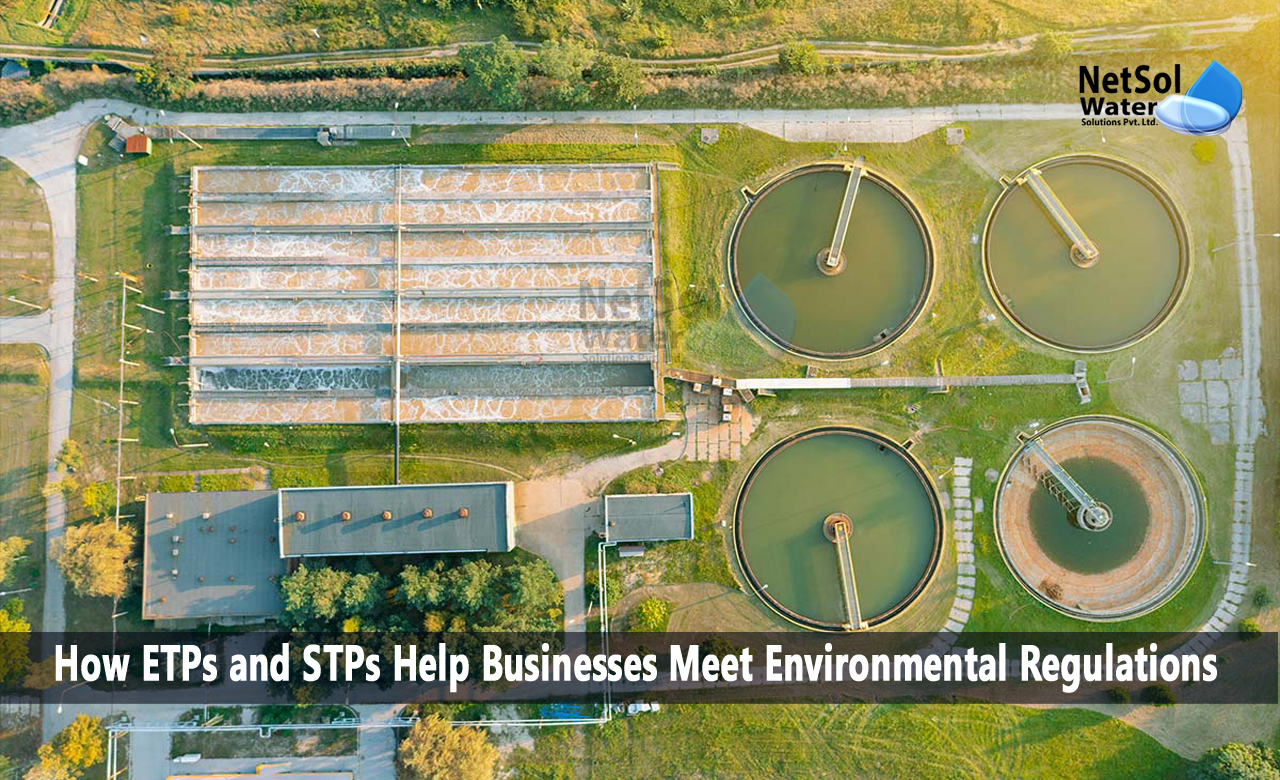How ETPs and STPs Help Businesses Meet Environmental Regulations?
Environmental regulations are becoming more stringent every day, and businesses are under pressure to ensure that their operations comply with the regulations. The efficient management of wastewater is essential to meeting these regulations, and ETPs and STPs are crucial in achieving this. ETPs and STPs help businesses meet their environmental obligations by treating wastewater before it is released into the environment.
An ETP is a system designed to treat industrial wastewater. It removes pollutants, contaminants, and other harmful substances from the wastewater. STPs, on the other hand, are designed to treat domestic wastewater generated in homes, commercial and institutional buildings. They remove contaminants such as fecal matter, oil, grease, and other impurities. Both systems work to reduce the amount of pollutants in the wastewater before it is released into the environment.
Here's how ETPs and STPs can help businesses meet environmental regulations.
Compliance with Environmental Regulations
Compliance with environmental regulations is the primary reason why businesses invest in ETPs and STPs. Governments around the world have established strict regulations that limit the amount of pollutants and other harmful substances that can be released into the environment. ETPs and STPs are designed to remove these contaminants, ensuring that businesses stay compliant with environmental regulations. The failure to comply with these regulations can lead to hefty fines, lawsuits, and reputational damage.
Improved Reputation
Implementing ETPs and STPs can also help businesses improve their reputation. Companies that are seen as environmentally responsible are often viewed positively by consumers and stakeholders. By demonstrating a commitment to the environment, businesses can build trust with their customers and differentiate themselves from competitors. This can help attract new customers and retain existing ones.
Cost Savings
ETPs and STPs can help businesses save money in the long run. The cost of implementing these systems can be offset by the savings that result from reduced water consumption and lower energy costs. Additionally, some governments offer tax incentives and other financial benefits to businesses that invest in environmental technologies.
Reduced Environmental Impact
By treating wastewater before it is released into the environment, businesses can significantly reduce their environmental impact. ETPs and STPs remove contaminants that would otherwise pollute water sources, harm wildlife, and damage ecosystems. By investing in these systems, businesses can help protect the environment and preserve natural resources for future generations.
Improved Health and Safety
ETPs and STPs can also help improve health and safety in the workplace. By removing harmful substances from wastewater, these systems can reduce the risk of exposure to employees and nearby communities. This can help businesses avoid costly lawsuits and protect the health and well-being of their employees.
Conclusion:
In conclusion, ETPs and STPs are essential tools for businesses that want to meet environmental regulations and minimize their impact on the environment. By investing in these systems, businesses can comply with regulations, improve their reputation, save money, reduce their environmental impact, and improve health and safety in the workplace. As environmental regulations continue to evolve, businesses that prioritize environmental responsibility will be best positioned for long-term success.
For any other support, inquiries, or product purchases, call on +91-9650608473 or email at enquiry@netsolwater.com



